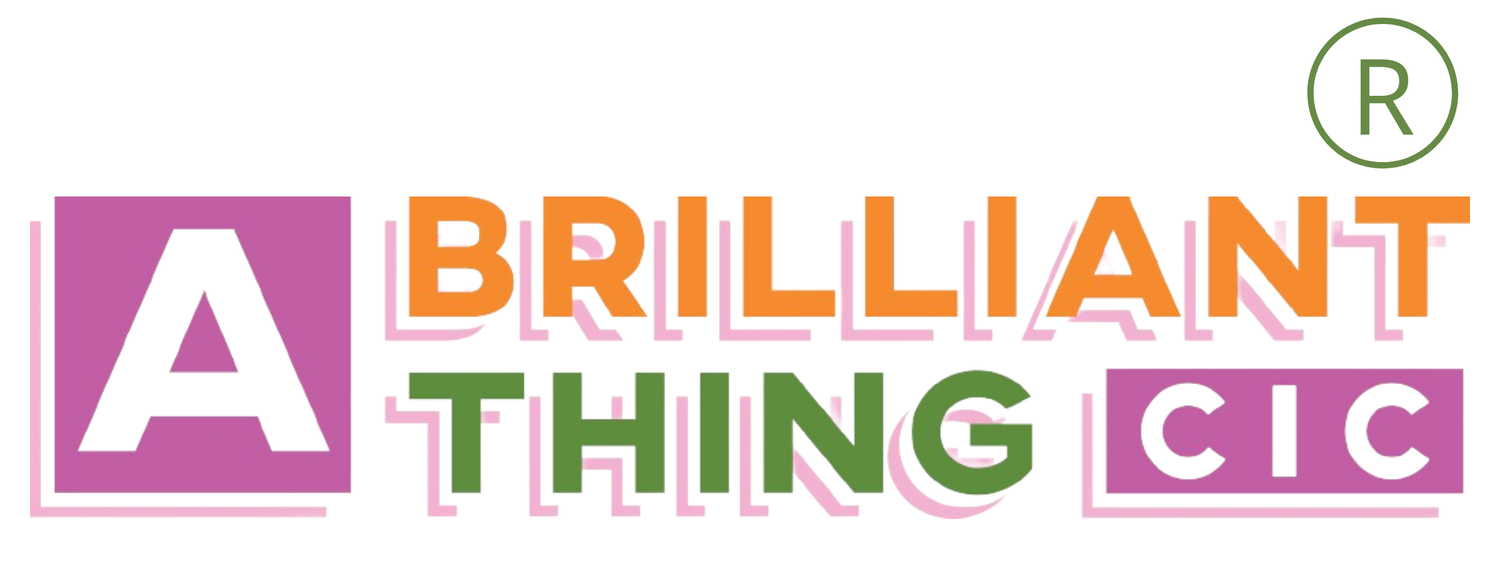Compassionate Leadership
By Daisy Vieira De Silva , written for Bolton Trauma Informed Toolkit
Compassionate Leadership Assessment
Becoming a compassionate leader is essential for positive relationships, promoting a healthy work environment, and achieving both personal and organisational success. Compassionate leadership is an ongoing journey of self-improvement and personal growth. Regularly assessing your progress in these key areas can help you become a more effective and compassionate leader, benefiting both your team and the overall success of your organisation.
Here's some prompts to help you evaluate your compassionate leadership skills:
Self-Awareness:
Do you have a clear understanding of your own values, beliefs, and leadership style?
Have you reflected on your strengths and areas for growth as a compassionate leader?
Empathy:
How well do you understand and consider the feelings and perspectives of your team members and colleagues?
Are you skilled at active listening, allowing others to express themselves, and responding with empathy?
Emotional Intelligence:
How effectively do you manage your own emotions in high-pressure situations?
Do you promote emotional intelligence among your team members by encouraging self-awareness and emotional regulation?
Communication:
Are you skilled at open and transparent communication with your team?
Do you actively seek feedback and encourage open dialogue to address concerns and issues?
Collaboration:
How often do you promote teamwork, cooperation, and inclusivity in your leadership approach?
Have you created an environment where diverse perspectives and ideas are valued and encouraged?
Conflict Resolution:
How do you approach and resolve conflicts within your team or organisation?
Are you skilled at addressing conflicts in a constructive and empathetic manner?
Delegation:
Do you delegate responsibilities and tasks effectively, considering individual strengths and development opportunities?
Are you comfortable trusting your team members to perform their roles without micromanaging?
Support and Development:
How do you support the growth and development of your team members?
Are you committed to providing opportunities for skill enhancement, mentorship, and career advancement?
Time and Stress Management:
How well do you manage your time and stress to maintain a healthy work-life balance?
Do you encourage your team to prioritise self-care and wellbeing?
Do you have strategies in place to address and prevent compassion fatigue?
Decision-Making:
What is your decision-making process, and how do you involve your team in making important choices?
Are you open to feedback and willing to reconsider decisions when necessary?
Leading by Example:
Do you model the behaviours and values you expect from your team?
Are you committed to ethical leadership and leading with integrity?
How often do you engage in reflective practice to assess your actions and behaviours as a leader?
Impact and Results:
What positive changes have you observed in your team or organisation since you began practising compassionate leadership?
How do you measure and evaluate the impact of compassionate leadership on your team's performance and well-being?
References:
Brene Brown – Dare to Lead book and exercise book.
Brene Brown podcast - https://brenebrown.com/podcast-show/unlocking-us/
The reflective practitioner – How professionals think in action – Donald A Schon 1993


